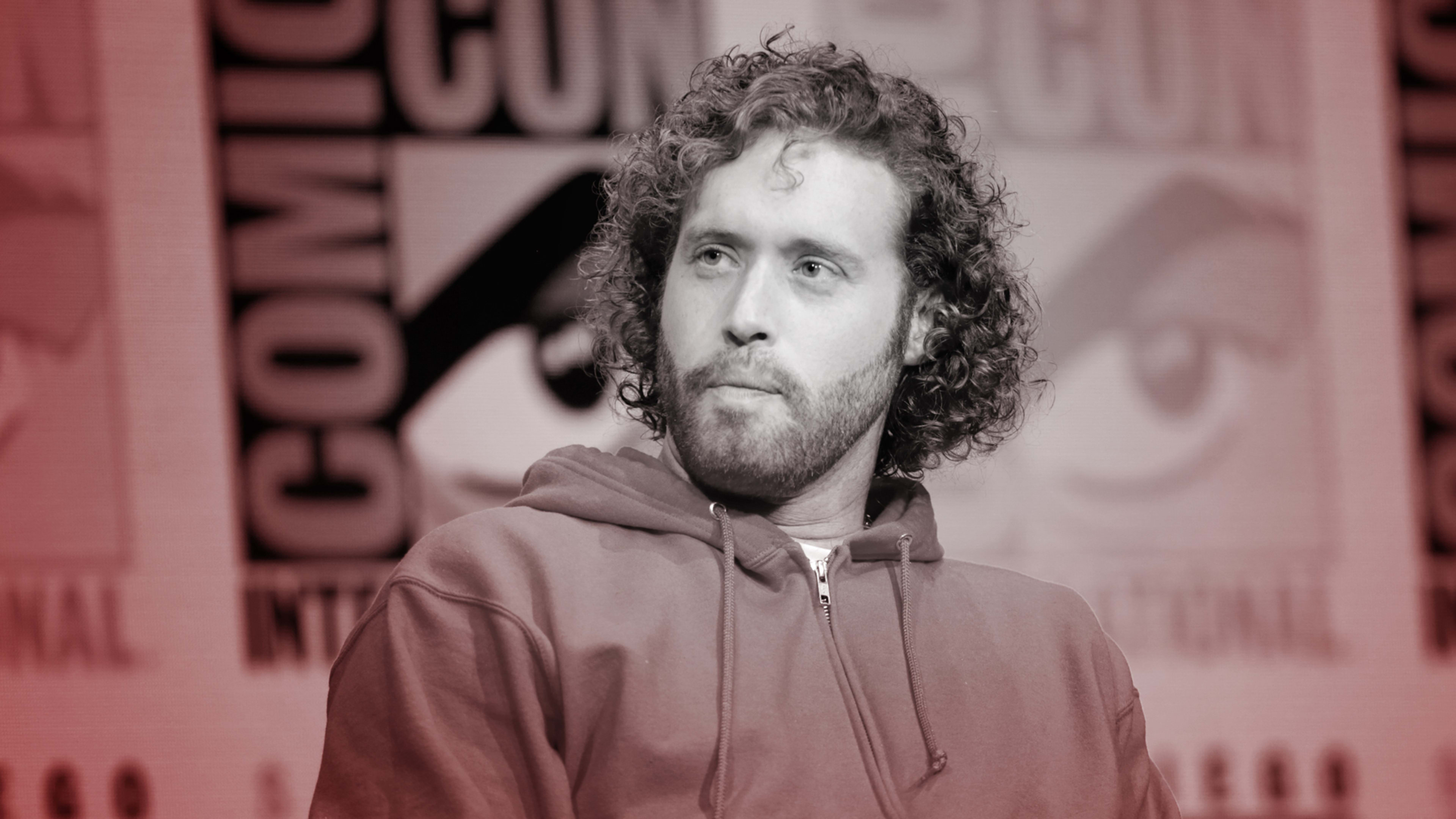Doing the right thing is easier said than done.
Part of the national conversation about Louis C.K.’s recent surprise return to stage–which included a rape whistle joke, no forewarning, and no honest reflection–revolved around New York City’s Comedy Cellar allowing him to do so in the first place. But club owners and the comics who host other comics have a logistical minefield to navigate when it comes to newly toxic superstars doing drop-ins. What percentage of the audience would go nuts for an unannounced performance from this person? What responsibility do we have to protect everyone else? What message is it sending to put him on? (It’s always a “him.”) Is the free publicity worth the blowback? These are the kinds of decisions that seem simple from a Monday morning quarterback perspective, but are tougher when you’re staring Louis C.K. in the face–which is also one of the reasons it took so long for him to get caught.
One comedy club recently found a creative solution to this damned-if-you-do dilemma.
T.J. Miller, a comedian and former Silicon Valley cast member whose #MeToo moment last December was capped off by a bizarre Amtrak bomb threat arrest in April, recently tried to do a drop-in at the Lion’s Lair in Denver. As recounted in a fantastic first-person essay for Westword by Byron Graham, both comics hosting that night’s show made the ethical call to prevent Miller from performing.
“[We] promptly agreed that allowing an alleged perpetrator of sexual and physical violence on the stage of our beloved dive bar sanctuary ran contrary to the spirit of the scuzzy, yet safe performance space we endeavor to cultivate week after week,” Graham writes.
What a novel idea! Not providing alleged sexual abusers a platform! But again, it’s easy for someone at a keyboard to barf out these words without the scruffy visage of T.J. Miller looming over his shoulder.
After Graham and his co-host Roger Norquist got permission from the club’s proprietor to “do whatever you think is right,” the pair conferred on how best to approach the developing situation.
“Norquist and I conceded our knock-kneed reluctance to directly confront a celebrity who wasn’t currently exhibiting any 86-worthy behavior. Instead, we settled on engaging in an increasingly less oblique campaign of public shaming, hoping to ratchet up the discomfort to a level so unbearable that Miller would be compelled to vacate the premises,” Graham continues.
Yes, the pair ended up taking the most passive-aggressive approach they could think of–alluding onstage to Miller’s alleged grab bag of misdeeds every chance they got throughout the night. In the end, amazingly, it worked. Miller did not take the stage.
“I’m happy to report that Norquist and I both landed a few scorching burns from behind the safety of the microphone–highlights include ‘the proper way to apologize is saying, “I’m sorry!”‘ and ‘give it up for a comic you won’t be reading about in Jezebel,'” Graham writes.
Compare Graham and Norquist’s approach to the journey Comedy Cellar owner Noam Dworman has been on since a certain serial nonconsensual public masturbator returned to his beloved home base in late August. At first Dworman claimed “the man is entitled to his livelihood and it’s up to the audience to go or not go.” Then he declared Louis C.K.’s set “a missed opportunity” for not addressing what the comic has learned since his abrupt excommunication from public life. Finally, Dworman landed on being angry that Louis C.K.’s drop-in had “substantially affected” Dworman’s life, instituting a “swim at your own risk” policy for patrons of his club, and hedging “we don’t expect Louis back anytime soon.”
Those are a lot of conflicting positions to simultaneously hold! It must be exhausting.
The question this moment poses is not necessarily “Should these toxic comedians ever be allowed to do comedy again?” We can cross that bridge when we get a little further into forever than “almost one year.” It’s more a matter of what is right for right now. Whether it’s out of moral obligation (Graham and Norquist) or fear of retribution (Dworman), the answer seems to be that confessed or even alleged sexual abusers should “get the light” the moment they walk in the door. That’s a comedy world way of saying Time’s Up.
Recognize your company's culture of innovation by applying to this year's Best Workplaces for Innovators Awards before the extended deadline, April 12.
